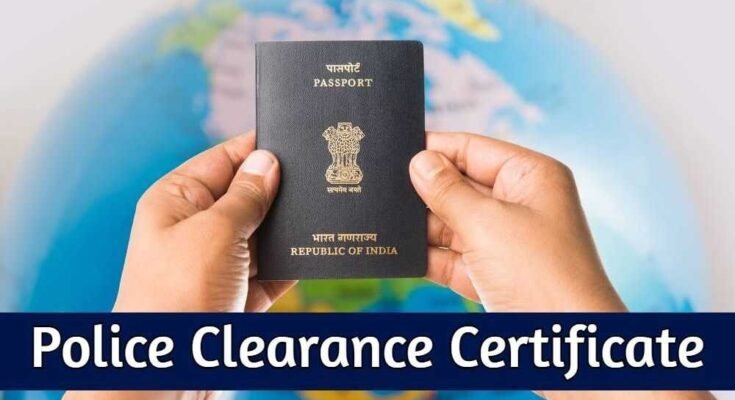When making preparations to emigrate overseas, whether for employment, studying, or immigration, there is one piece of paper that people overlook until the eleventh hour: the Police Clearance Certificate (PCC). But possessing the PCC itself may not be sufficient. You may also need to get it approved or apostilled before using it in your destination.
After learning about apostilles and Police Clearance Certificate Attestation, it will be simpler to handle them.
For what reason do you need a Police Clearance Certificate (PCC)?
The cops give out official papers called police clearance certificates. It declares that you do not possess a criminal record or, if any, gives an account of any cases or investigations against you. The PCC is normally sought by:
- Foreign employers
- Immigration offices
- Universities and visa authorities
- Government departments overseas
This certificate testifies to the fact that you have had a clean record in your home country and are legally qualified to travel or settle elsewhere.
Why Do PCC Attestation or Apostille?
Not every country does not accept foreign documents at face value. They require evidence that the document is authentic and has been issued by an official agency. This is where an attestation or an apostille is required.
- Attestation: Attestation is the process of having multiple officials in your home country sign and stamp the paper to show that it is real. The Hague Convention is most important for places and people that don’t constitute part of it.
- People in countries which are part of the Hague Convention can tell who you are by this stamp.. If you get your PCC , all partner states will accept it right away without any further check.
If you want to apply to a certain country, you will need either a PCC apostille or a declaration of your police clearance certificate.
When Do You Need an Apostille or Attestation from the PCC?
This is how things usually work:
- Work abroad: Before hiring someone from another country, most companies want to see that they do not have any criminal records.
- Student visa: Universities or visa consulates of certain institutions demand a PCC, particularly for extended courses.
- Permanent residence: Immigration departments usually demand a police clearance to validate that you’re legally in a position to settle in their nation.
- Family visa: Certain nations demand a PCC for dependent/spouse visa applicants.
Without an attestation or an apostille, your PCC can be rejected or cause delays in the process.
A Police Clearance Certificate is a simple but important document. If you want to take it abroad, it needs to pass the right legal checks. An apostille or a license can do this. Making sure you do this step right will help you during the visa process, immigration interviews, or job checks.
Getting your PCC ready early and starting the apostille or certification process early is a good idea if you want to go abroad soon. That way, a lack of papers will not slow down your trip abroad.




